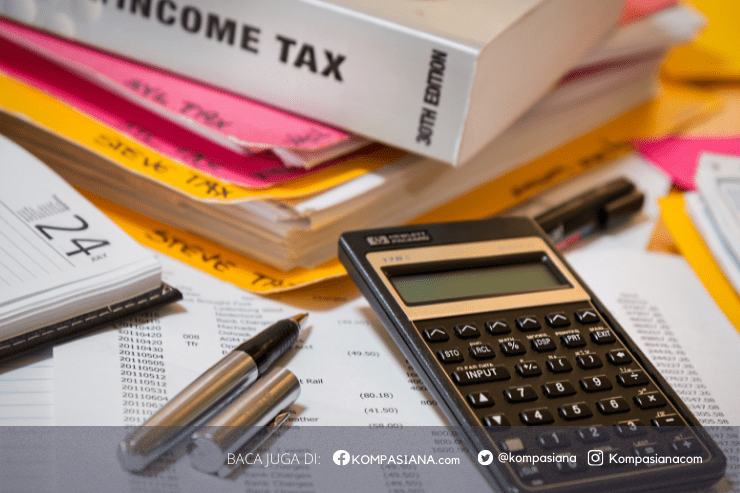Widyastuti (quoted by Suwaji and Hermanto, 2019: 152) divides the core of well-being into three concepts, namely:
1.A state of prosperous life, meaning the fulfillment of all physical and spiritual needs and social needs.
2.Institutions, meaning part of the field of activity with relationto ya ng involving social welfare institutionsand all fields of the humanitarian profession by organizing efforts for social welfare.
3.Activity, meaning a form of business and activity related to a series of organized businesses to achieve a welfare.
From the explanation of welfare above, it can be ascertained that prosperity includes success in meeting physical, spiritual and social needs. If welfare is linked to oil palm farmers now maka it can be said that their welfare is at stake. Not without reason, this is because again it concerns unstable FFB prices, which causes oil palm farmers to lack the expected welfare. Especially forpalm oil pet ani who rely on plantation products to meet their daily needs. Various policies implemented to improve the welfare of the community, especially farmers, actually make bitterness for the reality that occurs.
Method
The yang method used in this study is a qualitative method. Research to present the impact of FFB price reduction on the economy and welfare of oil palm smallholders in Indonesia. Qualitative method is a method that explains the results of research byusing words with in-depth studies. The technique used in this study is the literature study technique. Researchers are looking for data sources in the form of primary data from several national journals in the last 10 years with a discussion of theimpact of reducing FFB prices on the economy and welfare of oil palm farmers in various regions in Indonesia.
Results and Discussion
As a result of the plummeting price of FFB, of course, unstable prices by continuously causing a slump in prices strengthenedfarmers to suffer losses and greatly impacted the economy and welfare of oil palm farmers. The economy is closely related to welfare, so if the economy deteriorates, efforts to realize the welfare of oil palm farmers will also lead to theuk. Sabarudin (CNBC, 2022) is the Head of The Organization and part of the SPKS Member gave his response regarding the plummeting price of FFB. According to Sabaraudin, the price of FFB has dropped by Rp100 – 200 per kg every day.
Sabarudin also revealed that farmers experienced happiness reaching Rp1,500,000.00 – Rp2,000,000.00 per har in every month. Sabarudin also gave the total losses to independent palm oil smallholders throughout Indonesia from April to June stampedai Rp50 trillion. The loss rate is certainly not small, if successfully obtained by oil palm farmers, there is a lot of welfare that can be realized and the economy of oil palm farmers is increasing. It is unfortunate that the Rp50 trillion money only serves anumber that does not benefit Indonesian palm oil farmers.
The impact of FFB decline on the economy and the welfare of oil palm farmers can be supported by the facts of several previous studies. Such as research researched by Mukmin (2015) with the title Impact of Palm Oil Price Reduction on the Welfare of Oil Palm Farmers on the East Coast of North Sumatra. Mukmin's research results stated that with the low price of FFB, oil palm farmers on the East Coast are still struggling to meet their daily needs. Low palm oil/FFB price also adversely affects people's social and economic life as evidenced by the results of the t test that Ha is accepted and H0 is rejected. Mukmin also argued that the decline in palm oil prices caused the opinions of sa wit farmers todecline and the welfare of those who participated in the decline.








